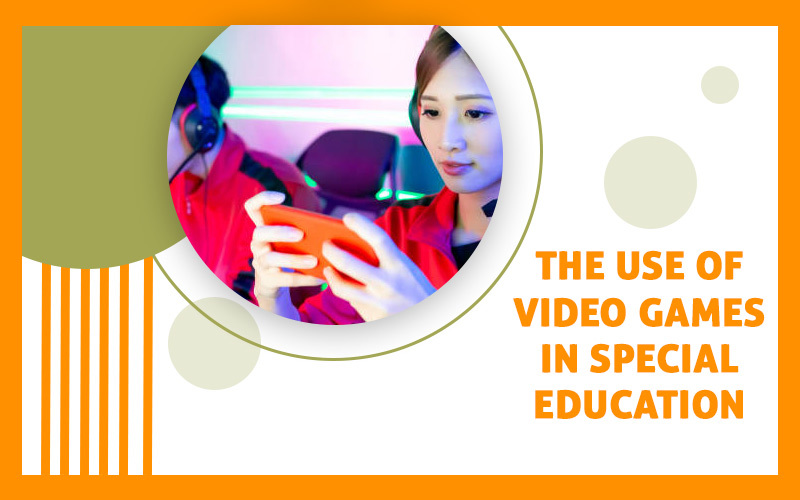Learning disabilities are extremely common. These disorders present different challenges to scholarly learning. ADHD symptoms similar to inattention, impulsivity, and hyperactivity can make learning hard for scholars, which hampers their learning.
Children with dyslexia may struggle with phonemic awareness, or the capability to sound out individual letters when spoken, read, or written. To address the challenges learning disabilities present, some educators are turning to an unexpected resource: video games.
Lets See How video games help in learning disabilities?
Traditional Learning Disability Interventions Literacy disabilities impact not only scholars’ academic performance but also their confidence and self-esteem.
Traditional therapy frequently includes the use of pharmacological interventions to manage symptoms. These interventions have been shown to be effective in reducing literacy barriers.
Video Games: An Alternative Interventional Approach
Video games present possible alternatives to traditional strategies. According to a recent study in the Lancet, playing a video game for 25 minutes a day may help address gaps in pharmacological interventions and behavioural curatives for people with learning disabilities.
Researchers have also innovated that using video games can help scholars overcome challenges. For example, educational video games have shown positive results in improving attention in students with learning disabilities.
The educational video games Boogies Academy and Cuibrain help reduce anxiety in situations and improve attention, according to a study published in the International Journal of Environmental Research and Public Health.
How Video Games Help With Learning Disabilities
The video game format offers advantages over interventional strategies that need in-person visits, involving attainability, engagement, and interactivity. If you want to write then visit the link and write on the category Gaming write for us. Or else mail us your blogs and posts at deskcasino@gmail.com.
1. Accessibility
Digital formats are easier to access than in-person visits. Plus, today’s children are usually familiar with technology and digital bias, so they’re less resistant to digital curatives than traditional therapies. And when video games are fluently accessible, duplication is enabled.
2. Engagement
Video games are commonly more fun for children than traditional learning interventions. As a result, the appeal of video games for literacy is high among academy-age children with learning disabilities. Children are willing to spend more time practising new skills on a device than with other literacy tools because of the fun factor.
3. Interactivity
Interactivity is another benefit of video games for people with learning disabilities. Numerous games are offered online, allowing internal health professionals, preceptors, and others to watch a child’s progress and make adaptations, such as conforming goals.
Interactive online games show social behavior, competition, and motivation by connecting many online players.
Also Read: Top 10 Emerging Technologies 2022




